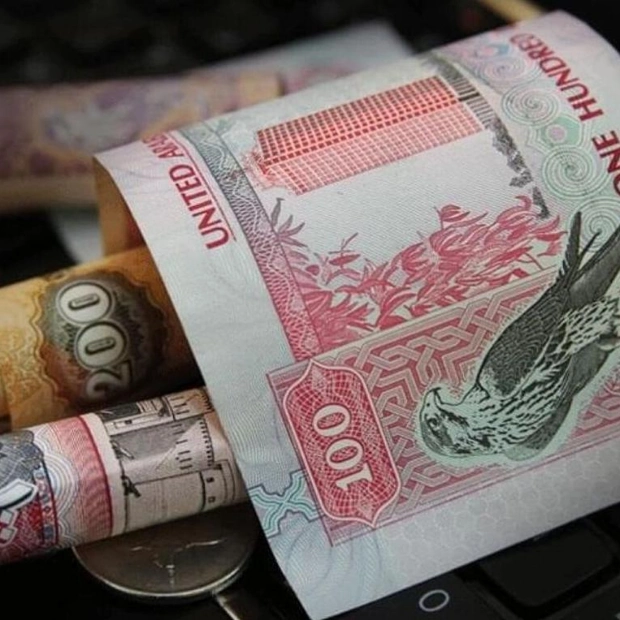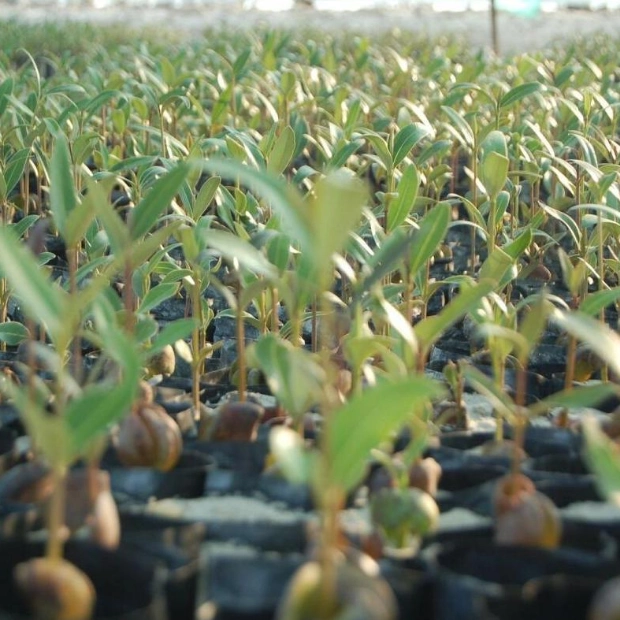Pakistan's central bank announced a 150 basis points reduction in its key interest rate on Monday, a move anticipated by many. This marks the first rate cut in almost four years, aimed at stimulating growth amidst a significant drop in retail inflation. The rate now stands at 20.5%, a decision made just before Pakistan's annual budget announcement and following data revealing a 30-month low inflation rate of 11.8% in May. This timing is crucial as Pakistan engages in talks with the International Monetary Fund (IMF) for a loan ranging from $6 to $8 billion to prevent a default. The economic growth target for the next year is projected to rise to 3.6% from the current 2% and last year's contraction. Reactions to the rate cut have been varied among analysts and the business sector, with anticipation for further clarity in the upcoming budget. The Pakistan Business Council noted the deceleration in headline inflation and the positive policy rate, but highlighted potential inflationary risks from the upcoming budget and energy tariff increases. They emphasized the government's role in managing inflation and pointed to positive economic indicators like a narrowing current account deficit and stable foreign exchange reserves. Other stakeholders, like Musadaq Zulqarnain of the Pakistan Textile Council, expected a larger cut but acknowledged the positive direction set by the current reduction. Tahir Abbas from Arif Habib Limited anticipates further monetary easing, expecting a 3-4% decline in rates by 2024, which could positively impact the stock market and industry borrowing costs. Mustafa Pasha at Lakson Investments does not foresee issues with the IMF due to the still high policy rate and anticipates more aggressive cuts later in the year if an IMF program is secured.

Text: Lara Palmer
11.06.2024
Central Bank's 150 Basis Points Cut Aims to Boost Growth and Manage Inflation Ahead of IMF Talks





